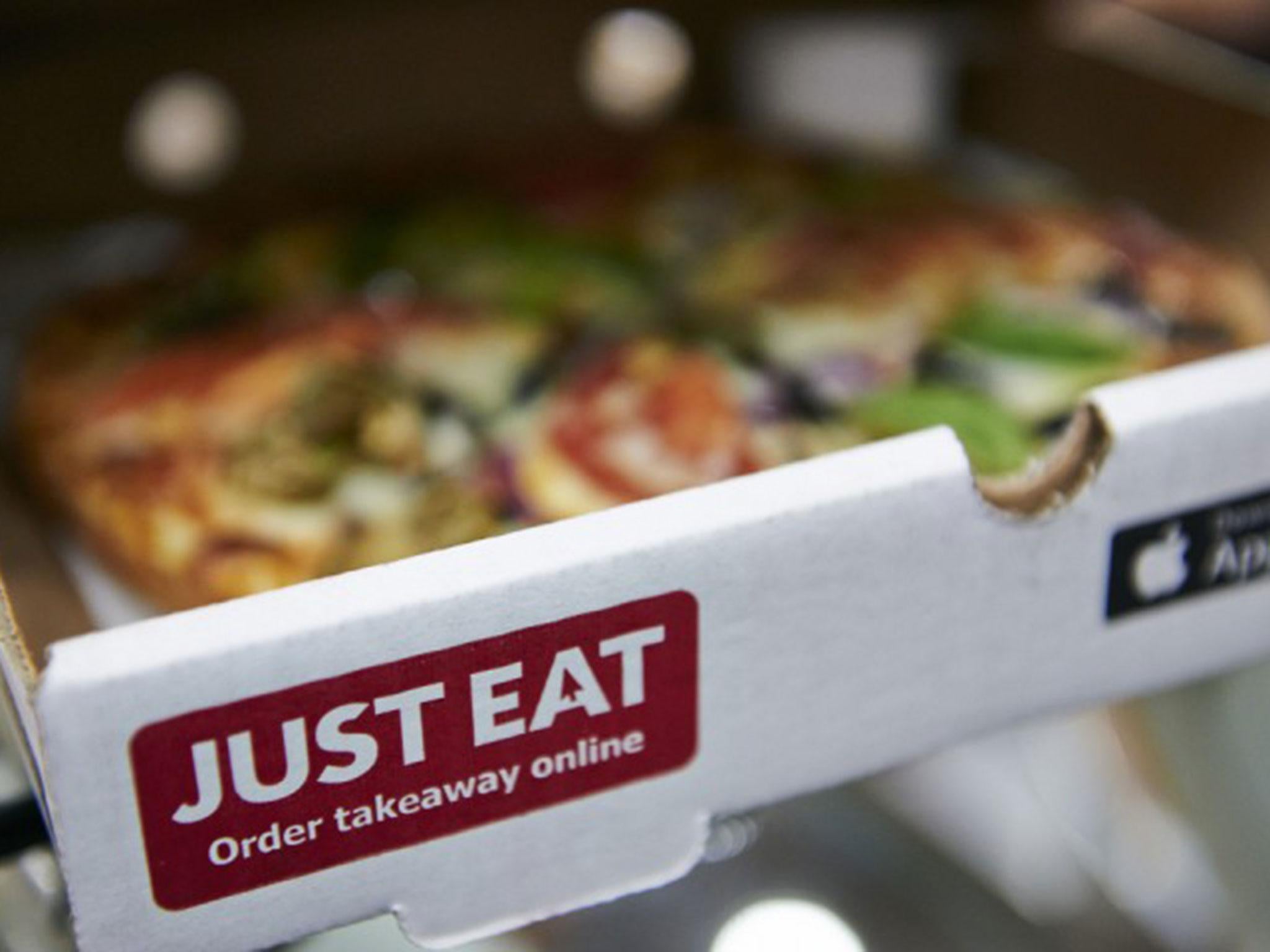Just Eat's Hungryhouse deal may taste fine if watchdogs do their jobs
The Competition & Markets Authority has announced an investigation into the takeaway platforms' merger

As an observer of business, I have to doff my cap to Just Eat.
In just a decade, it has revolutionised the takeaway food industry, and might very well have created opportunities for a lot of small businesses that wouldn't have emerged without it being there.
When the company came to market in London in 2014 it encountered some scepticism: It has no proprietary technology, no patents. It’s just a website, they said.
The critics have since gone quiet as the company, which has global reach, has doubled in value.
That said, it isn't hard to see why its attempt to gobble up rival Hungryhouse has proved too tough for competition watchdogs to swallow.
With the purchaser failing to come up with any “remedies” to head off concerns about the deal, a full scale phase 2 investigation is on the way that will hold up progress for months.
That was probably always going to happen, even had Just Eat overcome a tight timescale to table some proposals.
This is a relatively new market and the Competition & Markets Authority has never looked at it before.
The company, and its peers, have fuelled the growth in takeaway food among cash rich, time poor consumers, but they are big businesses that have considerable power over a legion of small clients that have come to rely on the services they offer. Those services are now all but essential in the market that exists today.
Just Eat, for example, charges takeaways a 13 per cent commission on every order it places with them, and that has risen by a point or so every couple of years.
Clients aren’t allowed to offer customers who chose to deal with them direct, via the phone for example, a cheaper deal.
Just Eat argues it does more than just process orders. It offers the outlets it lists discounts through bulk purchase deals with wholesalers such as Booker, for example, together with other types of support.
That phone, it would argue, still remains a big competitor (true) and several newcomers have emerged. Deliveroo, for example, not to mention Uber and Amazon, powerful, well capitalised businesses that would post a threat to any operator in any market they chose to enter.
Critics have any easy response to that: They aren’t direct competitors because they operate a different model. While there is some crossover between the platforms when it comes to the restaurants they list, the new boys handle deliveries and as a result, they are more attractive to restaurants that don’t offer delivery themselves.
However, perhaps the best argument in favour of the deal is not one Just Eat will probably want to put before the CMA, and it’s this: It might ultimately end up as a virtual monopoly provider in its niche in the long term anyway.
Restaurants prefer to deal with only one or two platforms at most, not least because they just don’t have time to be messing around with multiple operators.
They’ll naturally gravitate towards the biggest, and so will consumers, on grounds of choice. I put three post codes into both proposed merger partners just to see what I might be offered (inner London, outer London, East Anglian town). Just Eat had more listings, and by a decent margin, in each case. It's the natural first choice for the punter.
The deal, and the watchdogs' scrutiny of it, doesn't need to leave an unpleasant after taste. If one dominant platform is going to emerge in the long run, an investigation could end with the establishment of some guidelines for the way it operates. The CMA could serve to ensure takeaways are protected from it abusing its position, by preventing any further in commission percentages, for example.
Perhaps that should be its focus.
Join our commenting forum
Join thought-provoking conversations, follow other Independent readers and see their replies
Comments